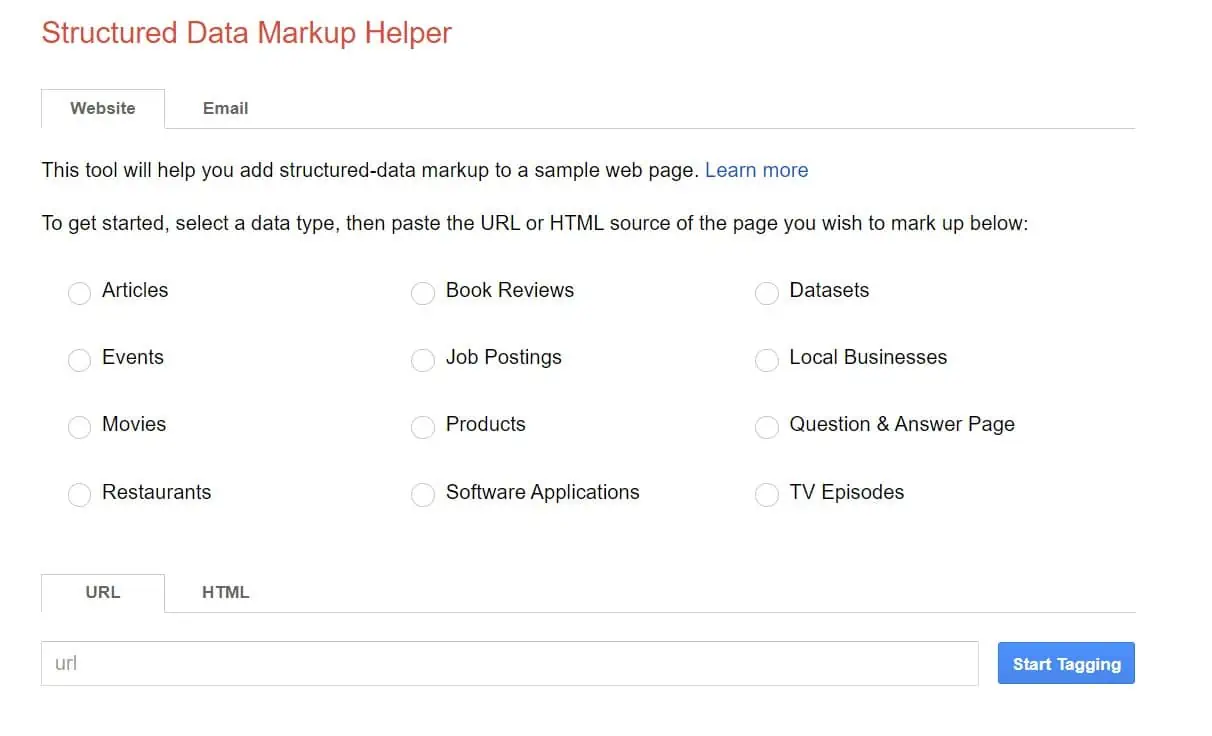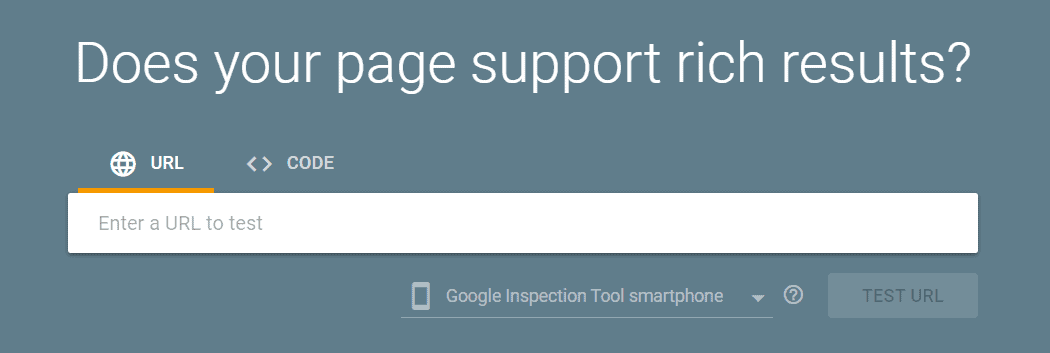Boost Your SEO with Schema Markup: The Ultimate Guide
As the digital landscape grows, so does the quest for better visibility on search engines. While most grasp the basics of SEO, many are unaware of its dynamic nature. Schema markup, an innovative technique, has gained traction for delivering rapid results, provided it’s used right. Like all SEO techniques, schema markup follows certain guidelines.
Understanding Schema Markup: The Bridge for Search Engines
Search engines constantly strive to comprehend webpage content. Here, Schema markup (or Structured Data) acts as their translator. Essentially, it uses a specialized vocabulary to provide search engines with better data about your content. Depending on your site’s platform, implementing schema can vary. For instance, WordPress offers plugins specifically for this purpose.
The SEO Magic of Schema Markup
Schema markup has been the talk of many SEO conferences worldwide. To truly harness its potential, it’s vital to understand the art behind it. Diving in without comprehending its intricacies might not yield the best results and could potentially even harm you, should you upload incorrect schema markup. There are better ways to optimise your website before diving into schema.
Why is Schema Markup Important?
Websites incorporating schema markup generally rank higher in search results compared to those that don’t. Studies indicate that while a significant portion of Google’s search results include rich snippets powered by schema markup, fewer websites actually leverage this tool. Hence, by adopting schema, you can gain a competitive edge.
Schema’s Impact on Click-Through Rates (CTR)
Think about the last time you searched for something on Google. Were you more likely to click on a result that showcased star reviews, prices, or had a descriptive snippet? That’s the power of schema in action. By providing users with a richer preview of your page, you’re not just enhancing your site’s visibility; you’re enticing users to click, boosting your CTR. It’s like giving your website a mini makeover, making it more appealing in the crowded realm of search results.
Contrasting Schema Markup with Traditional SEO
Traditional SEO relies on regular content sprinkled with keywords. But this often doesn’t convey the website’s full message to search engines. Consider a file named “Dogslovecats.” This might appear in search results for “dogs love cats,” but not for “who loves dogs?”. Schema markup bridges this gap, clarifying context to search engines.
Peeling Back the Layers: How Does Schema Markup Operate?
Schema’s strength lies in its ability to break down information for search engines. It streamlines data interpretation, much like chapters in a book aiding in understanding its story. Currently, only a fraction of websites truly exploit schema’s potential. By integrating it, you can make search engines comprehend your content more effectively, enhancing visibility.
Delving Deeper into Schema’s Benefits
Schema can significantly amplify traffic, especially for multi-page websites. It’s most potent when a search engine indexes diverse content across several pages of a site. For instance, having multiple distinct pages on Perth’s attractions can bolster your online visibility when someone searches for specific aspects of Perth.

How To Use Schema Markup on Your Website
Now that you’re aware of what schema is and what it does, and also just how important it can be, it’s time to dive into its application. Using Google’s Structured Data Markup Helper can simplify this process. By selecting relevant data types, inputting your URL, and marking essential elements, you can generate the required code for your website.
- Access the Tool: Navigate to Google’s Structured Data Markup Helper website.
- Choose Data Type: Select the type of data you want to markup (e.g., Articles, Book Reviews, Events, etc.).
- Provide Content: Enter the URL of the webpage you’d like to markup or paste in the HTML content directly.
- Start Tagging: Highlight specific parts of your content on the loaded page and assign relevant markup items from the drop-down menu.
- Continue Tagging: Repeat the process for all relevant pieces of content on the page you wish to tag.
- Generate Code: Once done, click on the “Create HTML” button.
- Review and Extract: The tool will provide you with the marked-up HTML. You can either view the changes inline or toggle to see just the added markup.
- Implement on Site: Copy the generated HTML and integrate it into your website’s source code.
- Test the Results: After implementing, use Google’s Rich Results Test tool to verify your markup and see how your page might appear in search results.
- Adjust as Needed: If any issues are identified, correct them and re-test until everything is functioning as desired.
Remember, while the Structured Data Markup Helper is a fantastic tool to get started, it’s always a good idea to familiarise yourself with Schema.org documentation for a comprehensive understanding of available properties and their expected values.

Beyond Implementation: Advanced Insights into Schema
Schema is more than just coding; it’s about enhancing the user experience. With schema, you can offer rich results, like reviews, ratings, or event times, directly in search results. These enhancements not only boost click-through rates but also position you as an authoritative source.
Moreover, schemas like FAQ and HowTo can significantly improve your content’s interactive quotient, enriching user engagement. In recent months (as of 2023) we’ve seen a heavy emphasis on FAQs and author markups. They are one of the most basic forms of schema, so why not start there?
Types of Schema Markup
Dive into the ocean of schema, and you’ll find a myriad of types tailored for various content. While there’s a schema for almost everything under the sun, some are particularly popular due to their broad applicability and noticeable impact on search results.
Here are the top 5 most popular types of Schema:
Organization Schema: This aids businesses in providing details like contact information, location, logo, and more.
People Schema: Ideal for personal profiles, this schema helps in detailing a person’s information, from profession to educational background.
Products Schema: Retailers, rejoice! This schema lets you showcase products, their ratings, prices, and availability.
Events Schema: Whether it’s a rock concert or a business conference, this schema displays date, location, and other event details.
Recipes Schema: For all the food bloggers and chefs out there, this schema emphasizes ingredients, cooking times, and ratings.
Each schema type helps search engines understand the nuances of your content, ensuring it’s presented in the most enticing way for potential visitors.
How to Find the Most Popular Schema
Unraveling the vast world of schema can seem a tad overwhelming, especially if you’re diving in for the first time. But, guess what? There’s a handy guide to help you pinpoint the most sought-after schemas that the digital community buzzes about. Head over to Schema.org’s official documentation – it’s a treasure trove of information.
This resource lays out the most popular and widely used schemas, ensuring you’re always on the pulse of what’s trending. Not only does this give you a competitive edge, but it also ensures that your markup speaks the same language as the major search engines. So, before you dive deep into the schema markup universe, make this page your first pit stop. Trust me; it’s a game-changer.
Schema, SEO and Integration with Voice Search
“Hey Google, find me a chocolate chip cookie recipe!” If you’ve ever said something similar to a smart speaker, you’ve interacted with voice search. As voice assistants like Siri, Alexa, and Google Assistant become household staples, optimizing for voice search becomes paramount. Schema markup aids in this by providing clear, structured data, ensuring that when someone asks a voice assistant a query related to your content, it’s your site that gets the spotlight, loud and clear.
The Future of Schema:
As technology marches forward, so does the evolution of SEO. We’re entering an era where simple keywords might not be enough. Search engines are becoming smarter, craving structured, contextual data to serve users better. This is where schema markup shines. In the foreseeable future, as AI and machine learning play an even larger role in search, schema will be the bridge ensuring that content is not just seen but understood in its entirety.
Concluding Thoughts: Unleashing Schema’s Potential
Far from being an intimidating tool, schema markup simplifies your site’s dialogue with search engines. Coupled with valuable content and diverse subcategories, it can significantly amplify your online presence. Staying updated with Google’s algorithm changes ensures you leverage schema markup without facing penalties. Remember, schema isn’t just an SEO technique; it’s a strategy for holistic business growth.
Want to receive updates of our digital marketing insights?
Get notified whenever we publish a new blog post & get access to exclusive content by subscribing to our email newsletter.
We strictly respect your privacy. We will NEVER spam you and your details will never be sold to third-parties. That’s just not cool!
About the Author - 3am Ideas
3am Ideas is digital marketing agency focussing on providing data-driven services that get measurable and trackable results.
Based in Perth, Western Australia, we've been looking after small and medium-sized businesses since 2014, having worked with clients all over the country.
Our aim is to adopt the role of Virtual Marketing Officer for you, becoming part of your team, sharing in the successes, the blood, sweat and tears.
We're here for you. Let's get the job done!

